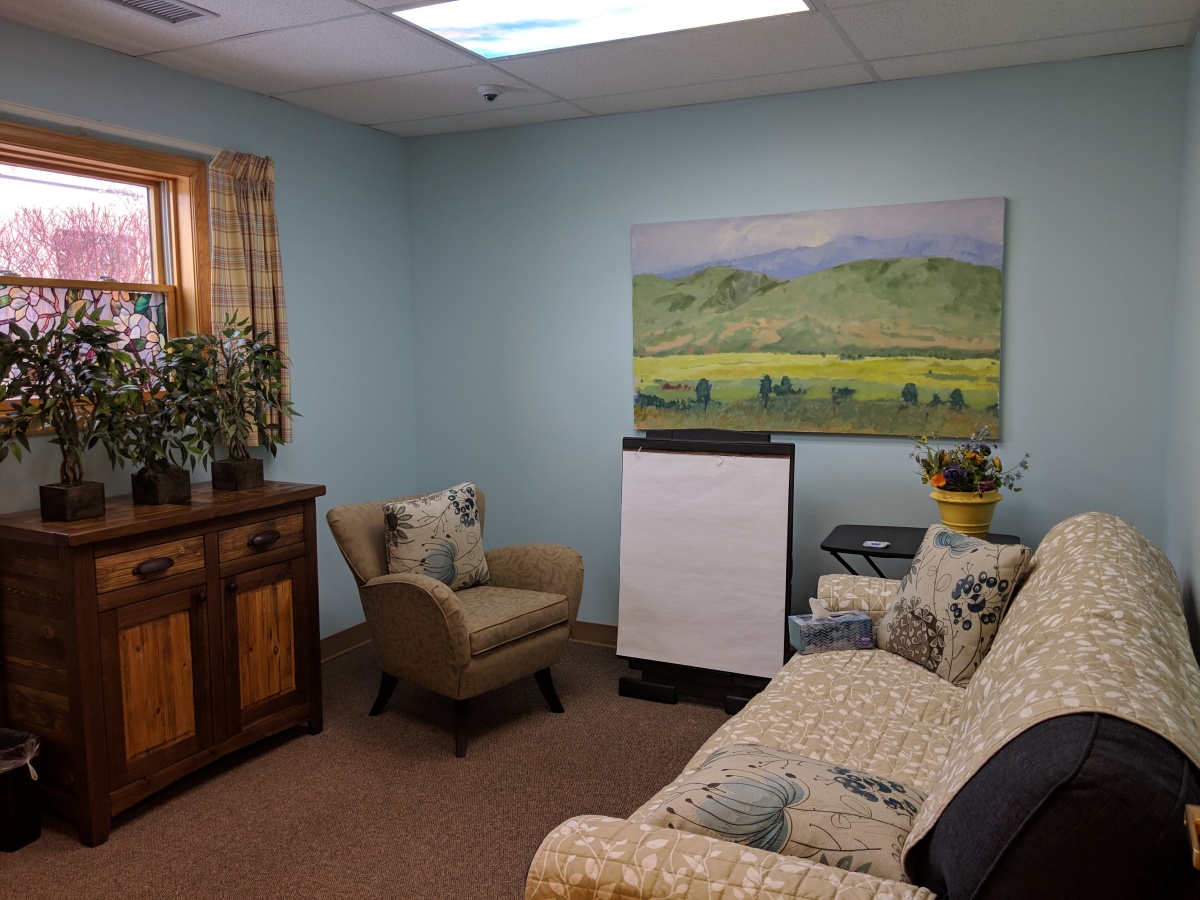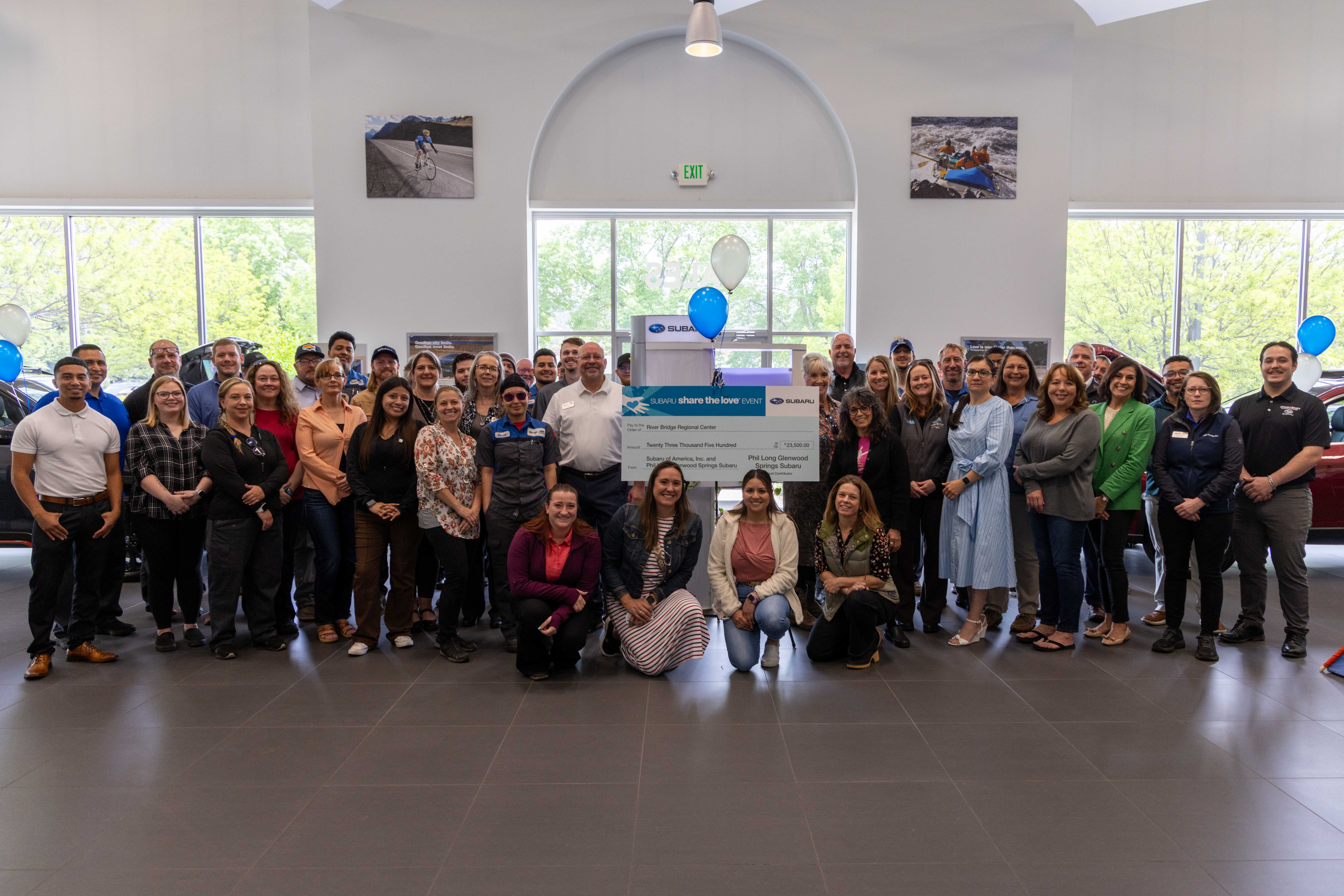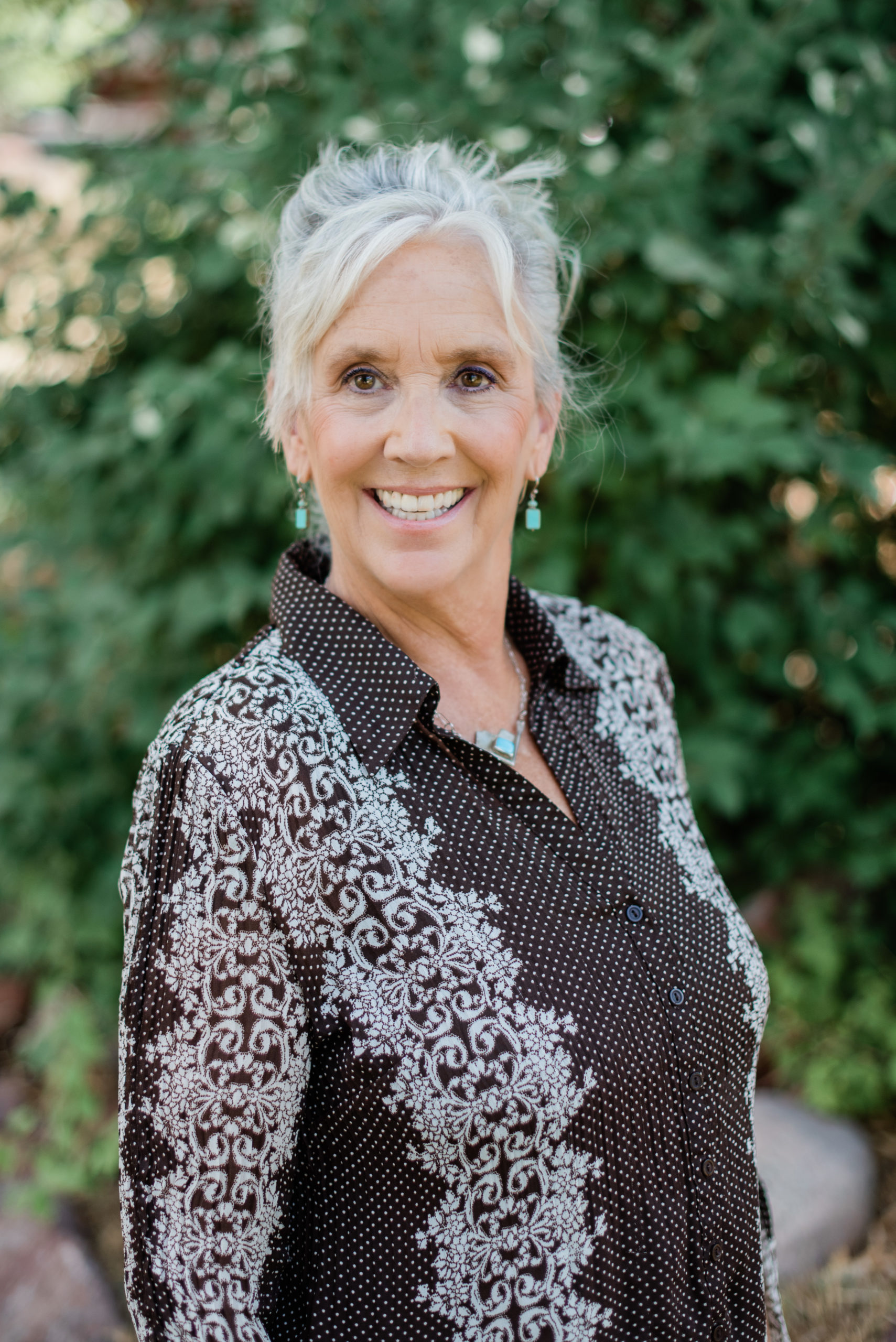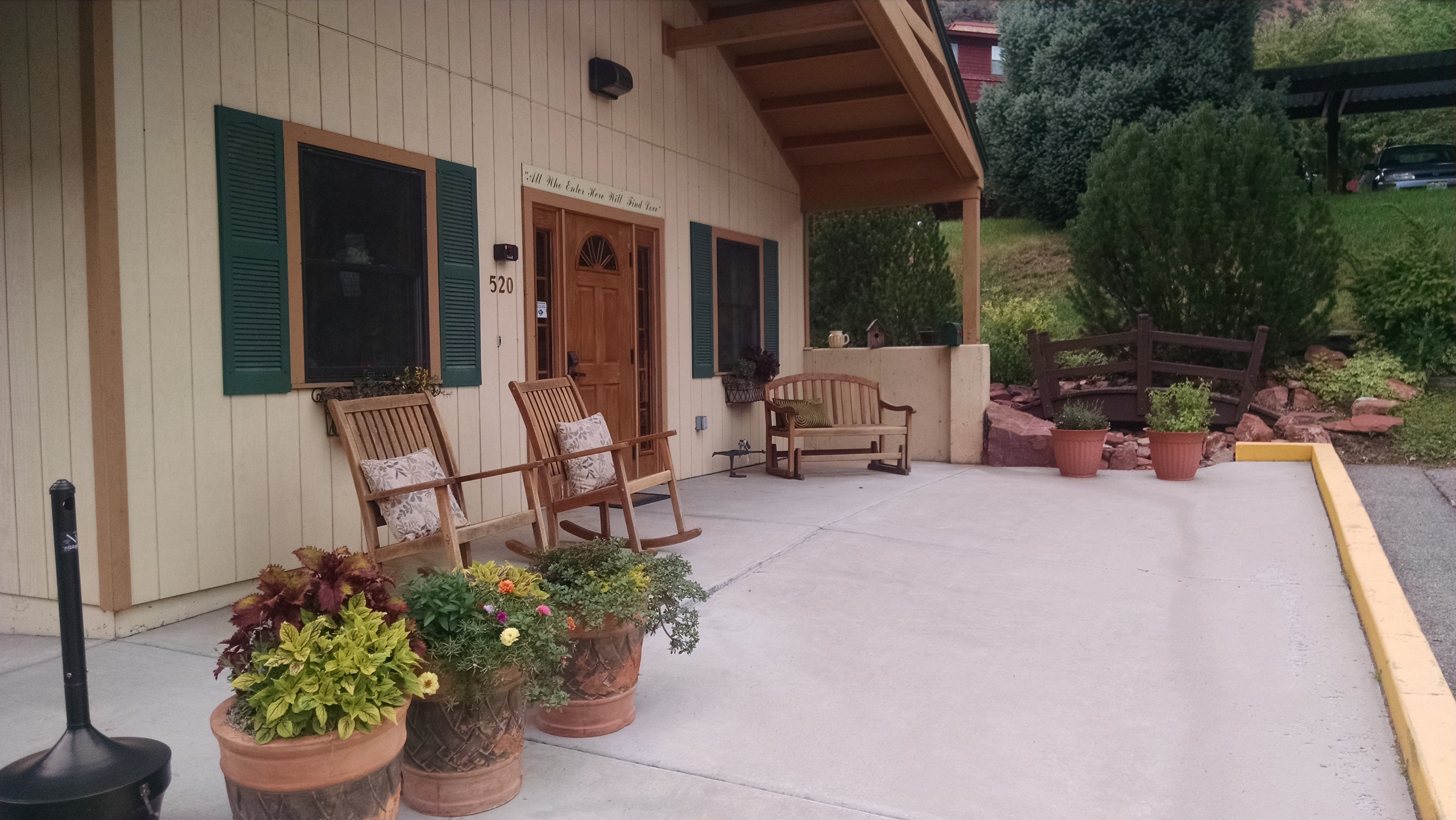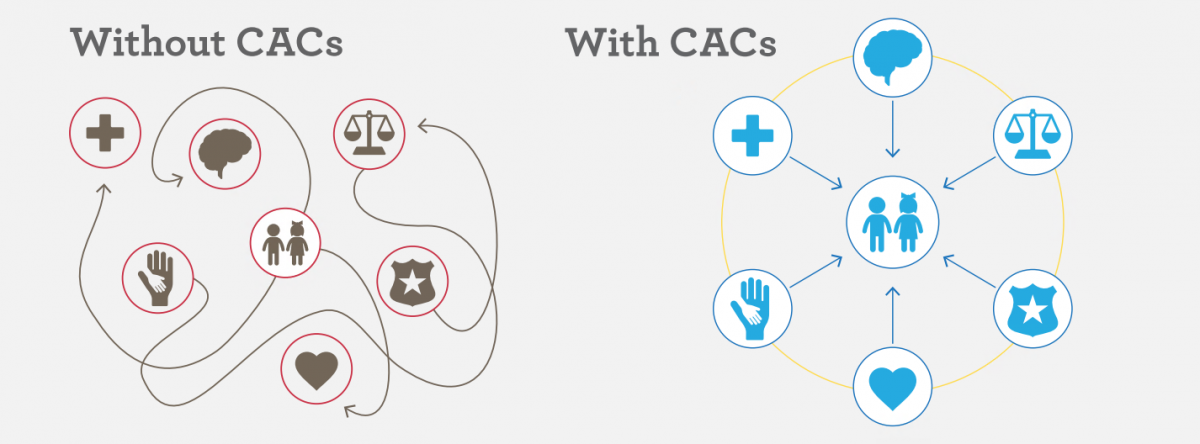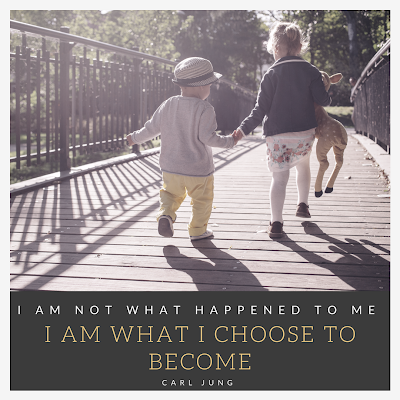 You don’ t have to be a parent and you don’ t have to be a survivor to know the importance of a Child Advocacy Center. As community members and through our own experience’ s, we know the difference that support can make when we are diving into the deep end, into the unknown.
You don’ t have to be a parent and you don’ t have to be a survivor to know the importance of a Child Advocacy Center. As community members and through our own experience’ s, we know the difference that support can make when we are diving into the deep end, into the unknown.
Taryn’ s story is the story of hundreds of children and teenagers who have walked through the doors at River Bridge Regional Center, whose life was changed for the better, under unimaginable circumstances. Though every story is different the support that children and their parents receive is the same.
For Taryn, it started when she was six. She was playing at her aunt and uncles house, her parents had dropped her off for the day, and she was excited to play with her cousins. In the afternoon her younger cousin took a nap. Taryn was finally old enough to skip a nap and stay up with her older cousin. They were playing downstairs when her cousin asked her if she wanted to watch a movie. Before her cousin put the movie on, he asked her if she was a big kid. Taryn said yes in a defiant tone and her cousin told her that the movie wasn’ t for babies. It was the first time Taryn had ever seen an adult film. It scared her and gave her the uh-oh feeling in her stomach, but she wanted to be a big kid.
For Taryn, the abuse grew from there. Almost every time she was at her aunt and uncle’ s house, no matter what Taryn did, something seemed to happen. She didn’ t know how to make it stop. Her cousin told her that if she told on him, he would tell her parents about the movies that she had watched. He reassured her that this is what big kids do.
When Taryn was nine, she couldn’ t take it anymore. She refused to go to her aunt and uncle’ s house, she had constant stomach aches, missed school, and she began cutting herself. Taryn’ s parents were at a loss. They didn’ t know what was wrong or how to help. They just wanted their little girl back.
Taryn saw a River Bridge presentation at her school. She was told that sometimes things like this happen and it is never the child’ s fault. She was told that she is the boss of her body and she gets to decide what she sees and what she does with her body. If anyone ever makes her do or see something that she doesn’ t want to, they are breaking the rules and it’s not okay. She was told that secrets aren’ t safe and that it is okay to talk to a safe adult about a secret even if you were told not to tell anyone.
Taryn didn’ t go back to class after recess, instead, she went to the counselor’ s office and told parts of what had happened with her cousin. Taryn told the counselor that she was scared her parents wouldn’ t believe her and they would think it was her fault. Taryn said that she knew how much her mom loved her aunt and was afraid that her mom would stop seeing her and she would be really sad. Taryn was also afraid that she would never see her cousins, aunt, uncle, or grandparents ever again and that they would all hate her. She told the counselor that she just wanted it to stop. Her counselor listened to Taryn and told her it wasn’ t her fault and that she was going to call some people that would know what to do next. Taryn was scared but already felt better by telling her secret to someone.
Law enforcement and child protective services made an appointment for Taryn and her parents at River Bridge Regional Center. The family arrived at River Bridge, a small cottage style building, and were welcomed by a family advocate. In their time of distress, knowing that something had happened to their daughter, they were greeted with privacy, warmth, and a comfortable family-friendly setting. Taryn’ s parents met with a multidisciplinary team made up of a forensic interviewer, law enforcement, child protective services, and a representative from the district attorney’ s office. They were told about the process and what to expect. Taryn didn’t have to see these people unless she chose to. Taryn got to tell her story to a forensic interviewer in a child-friendly room.
While Taryn was telling her story, her parents spent time with a family advocate in the waiting area. They got to meet with a therapist and a nurse to talk about resources and services available. When Taryn was finished she went back to the waiting room with her parents. As she walked to the waiting area she told the forensic interviewer that she felt lighter. Taryn’ s parents met with the multidisciplinary team again to learn about what Taryn had said and to discuss next steps. They were told that they have an entire team of people who will be supporting them through the process and that Taryn was very brave in telling her story.
After her first appointment at River Bridge, Taryn started therapy that focused on her trauma. Her parents were a part of this process and learned about trauma and worked with the therapist to address problem behaviors like cutting that they saw in Taryn. Taryn learned how to calm herself down when she remembered what had happened to her. She learned ways to manager her trauma so it didn’ t consume her. Taryn never thought she would feel happy again, but she told her therapist that she does now. She wants to play with her friends at school and loves to learn new things. Taryn met with a nurse and after a checkup, she was told that her body was normal and healthy.
Taryn’ s story is one of healing. She was surrounded by support, from her family, to her school, to the team at River Bridge and she was resilient. At River Bridge, we provided a safe, child-friendly environment for Taryn and her family. We let kids know we believe them and that there is an entire team of people who are here to support them.
Your support matters to Taryn. As a non-profit organization, we lean on our community to make services available to kids like Taryn and her family. Every time you support River Bridge, you are not only supporting a child and family in need, but supporting resiliency so children like Taryn can grow, heal, and be kids.

